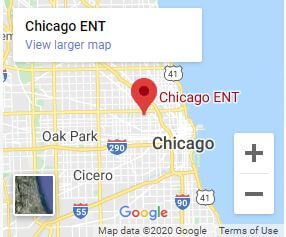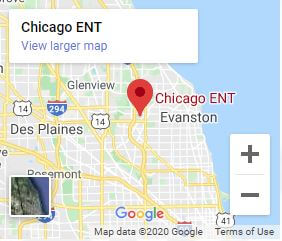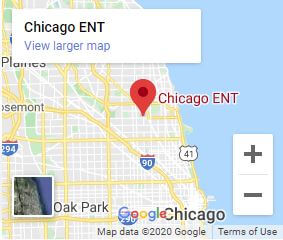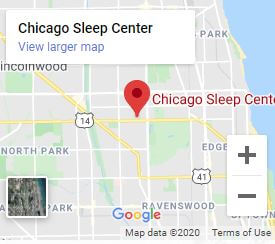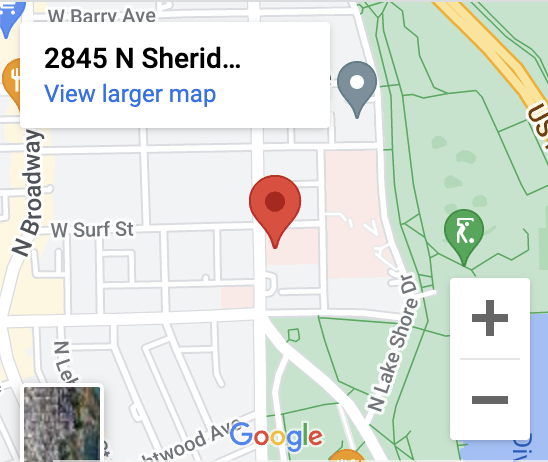How do the parathyroids affect calcium?
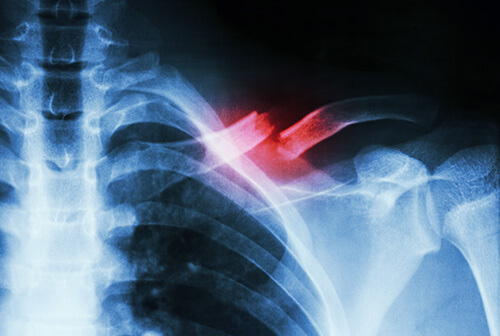
The parathyroid glands are small glands in the neck close to the thyroid gland. They are the main regulators of calcium in the blood, and too much or too little calcium can cause significant problems. The hormone secreted by the parathyroid gland works to increase the level of calcium in the blood. The primary way is by removing calcium from the bones. The bones, however, do not only store the calcium but also require it for strength.
Elevated calcium blood levels indicate decreased bone calcium.
When your parathyroid functions normally, only a small amount of calcium is removed from the bones. If too much parathyroid hormone is produced, too much calcium is removed from your bones. The result is osteoporosis (brittle bones) and a higher risk of fracture.
When are calcium levels too high?
The normal range for calcium in the blood is about 8.5 to 10.5 mg/dl. If the calcium level is greater than 10.5 mg/dl, there is too much calcium (hypercalcemia) in the blood, and the elevated levels can kill cells or cause other complications. If your calcium levels are either too high or too low, you should call Chicago ENT to determine what is causing the abnormal calcium levels in your blood.
Problems caused by high blood calcium levels:
- Kidney stones or kidney disease
- Muscle weakness
- Memory loss, confusion
- Constipation
- Abdominal pains
- Peptic ulcers
- High blood pressure and congestive heart failure
Heart malfunctions
When calcium levels have been restored to a normal level, the parathyroid glands should stop producing the parathyroid hormone. Occasionally, one or more of the parathyroid glands become diseased and continue making the parathyroid hormone, causing both the parathyroid hormone level and the calcium level to increase. This is called hyperparathyroidism and is usually due to the development of a benign (non-cancerous) tumor on one of the parathyroid glands. Very rarely, this could be due to parathyroid cancer.
What causes high blood calcium levels?
The most common cause for high calcium levels is hyperparathyroidism: an elevated parathyroid hormone level.
What does the parathyroid hormone do?
- It increases the amount of calcium absorbed from food
- It increases the amount of calcium reabsorbed back into the body by the kidneys
- It releases calcium from bones











